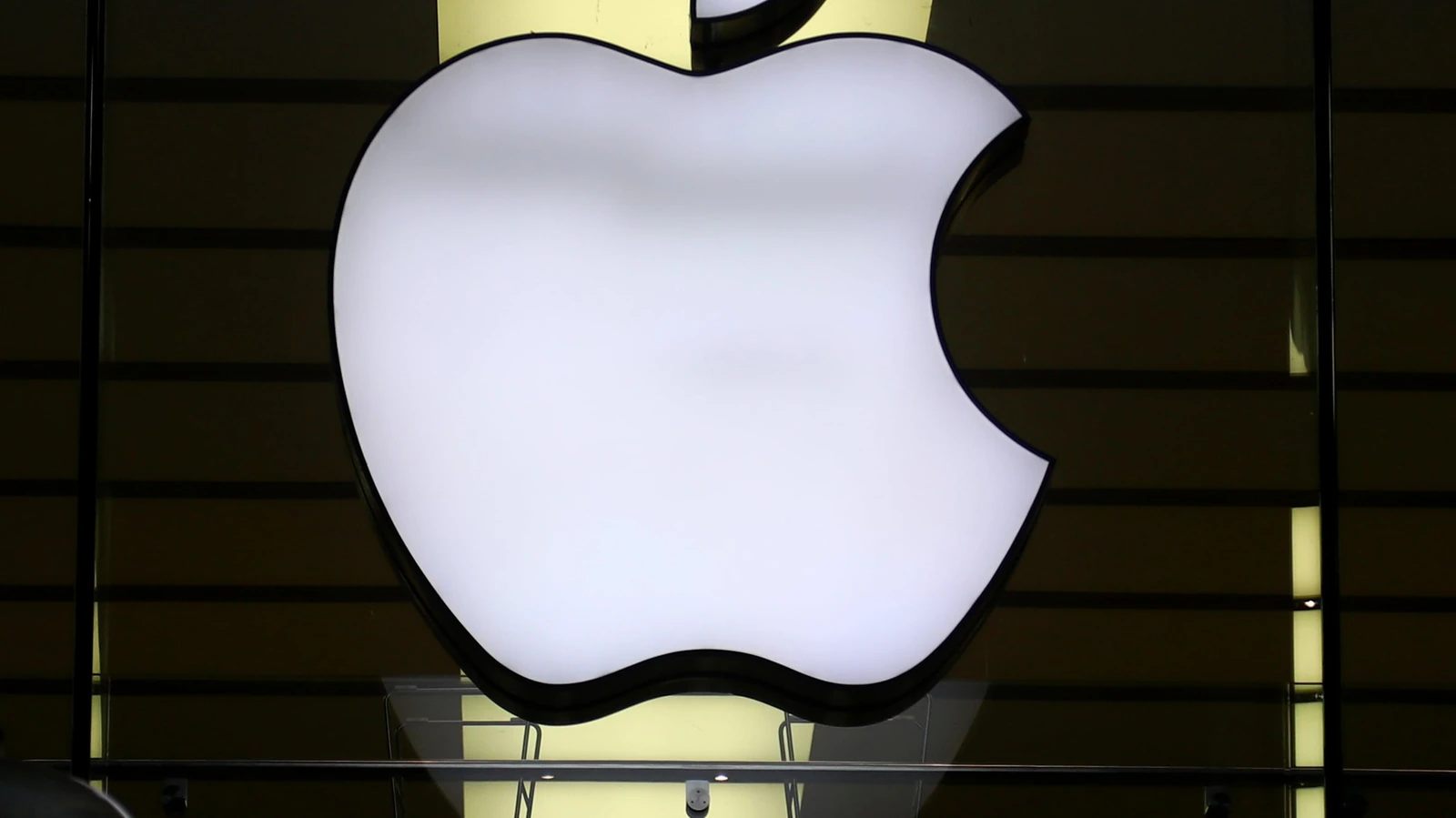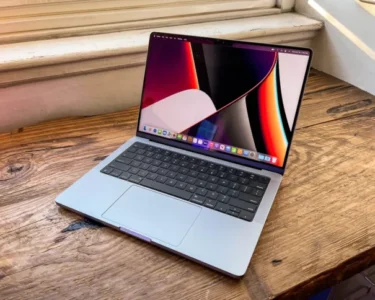Apple Stock Surge: Trump’s Tariff Pause Triggers Massive $400 Billion Market Cap Boost
Apple stock surge news has shaken up the financial markets, as the tech giant experienced a dramatic 15% rise in its share value. This major rally followed US President Donald Trump’s recent announcement of a 90-day suspension on his proposed “reciprocal tariffs” plan. The pause led to an immediate investor response, with Apple’s market capitalization skyrocketing by over $400 billion on April 9—bringing it tantalizingly close to the $3 trillion milestone.
This represents Apple’s largest single-day gain since January 1998, a time when the late Steve Jobs served as interim CEO, and long before revolutionary products like the iPod or iPhone existed. Back then, Apple’s total market value hovered around just $3 billion—a stark contrast to its current financial dominance.
Apple Stock Surge and Global Production Impacts
The Apple stock surge wasn’t just about Wall Street sentiment. Analysts say the 90-day pause on tariffs directly affects Apple’s international production strategy. If the tariffs had gone into full effect, they could have dealt a severe blow to Apple’s manufacturing operations in countries like India, Vietnam, and Thailand—key locations the company has been relying on to diversify beyond China.
Notably, tariffs on goods from Vietnam were slashed from 46% to just 10%, and similar reductions were announced for Indian goods—from 26% to 10%. These reductions provide Apple a crucial window to continue supplying U.S. customers without incurring massive additional costs, especially on iPhones and other core hardware.
Apple Most Affected Among Tech Giants by Tariff Plans
Before the surge, Apple had been the most vulnerable tech company affected by Trump’s tariff announcements. In fact, the company experienced its worst four-day trading period since the year 2000, with investor confidence wavering due to Apple’s dependence on hardware imports.
Unlike software-focused tech firms, Apple’s business still heavily relies on physical device sales. Most of these devices are assembled outside of the United States, mainly in China, and then shipped to American customers. This model leaves Apple highly exposed to international trade tensions.
Apple Navigates Rising Tariffs on Chinese Goods
Even with the temporary pause, Apple is not entirely out of the woods. The Trump administration has sharply increased tariffs on Chinese imports from 54% to a staggering 125%. Since China remains the primary production hub for many Apple devices, these tariffs continue to pose long-term risks.
To add to the challenge, China responded by announcing an 84% tariff on U.S. goods. This move has raised fresh concerns about Apple’s future in the Chinese market, its third-largest region for sales. A prolonged trade war between the U.S. and China could potentially damage Apple’s presence in the region.
India and Vietnam Emerge as Production Lifelines
Amid this turmoil, Apple appears to be leaning heavily on alternative manufacturing sites. According to reports, the company recently shipped five planeloads of iPhones and other products from India to the U.S. within just three days at the end of March. This strategic move was reportedly designed to beat the tariff deadline.
Apple’s growing investments in India and Vietnam are part of a broader plan to insulate itself from future trade disruptions. The latest tariff relief from these countries has only strengthened Apple’s resolve to build a more balanced and resilient global supply chain.
Conclusion: Apple Stock Surge Signals Market Optimism
The Apple stock surge serves as a testament to the company’s agility in navigating international policy shifts and supply chain challenges. As the 90-day pause gives Apple a temporary reprieve, investors remain hopeful that the company can maintain momentum while finding smarter, tariff-resistant ways to manufacture and distribute its products.
Only time will tell whether this strategic advantage can be sustained. But for now, Apple has once again proven why it remains one of the most resilient and influential tech players on the global stage.







